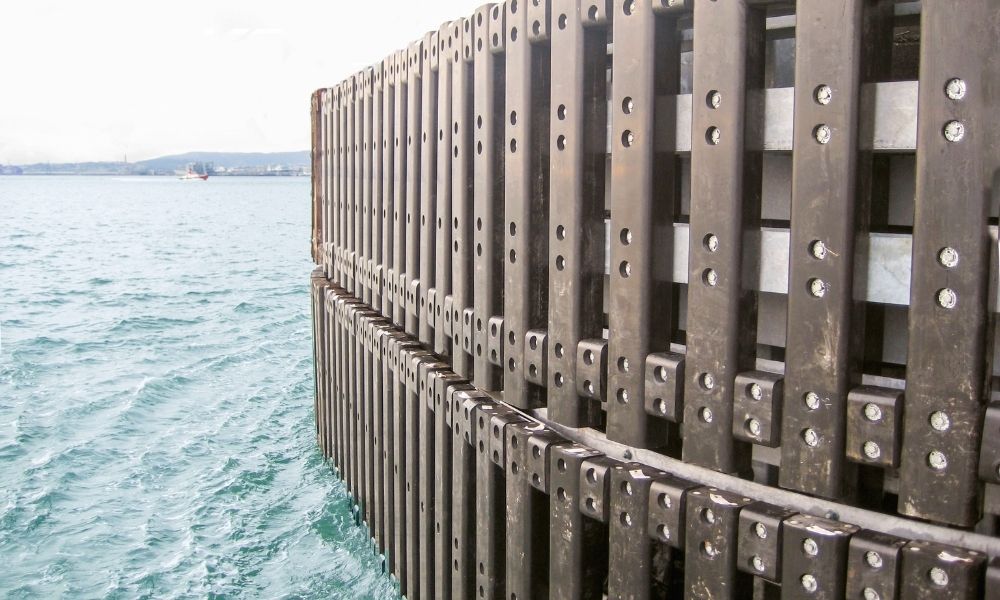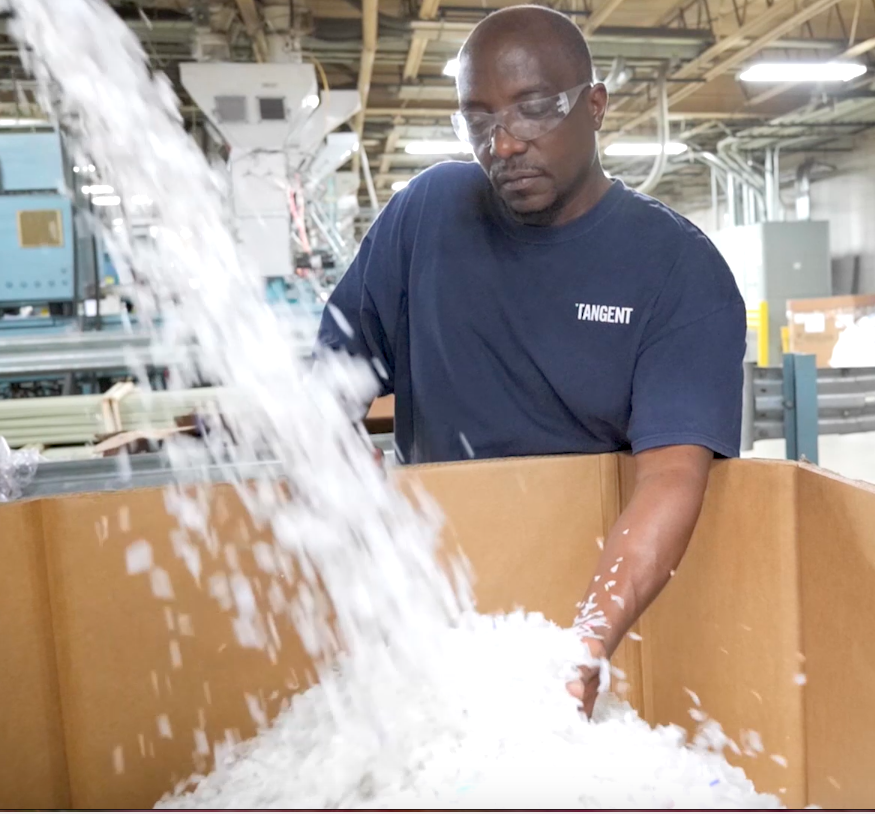How HDPE Reduces the Ecological Impact of Manufacturing

The ever-growing climate crisis has caused many industries to alter their current practices for sustainable ones. One industry making the change is the manufacturing sector. Simply switching to HDPE materials is one way in which manufacturers reduce their environmental impact. Here are some ways how HDPE reduces the ecological impact of manufacturing through its strong polymers.
Less Maintenance Means Less Energy
High-density polyethylene (HDPE) is a tough plastic composed of polymers with a high strength-to-density ration. Given its versatile properties, it’s perfect for many residential, commercial, and, most importantly, industrial applications like manufacturing. With that in mind, many plants and factories utilize single-plastics and unrecycled materials within the manufacturing sector. Furthermore, the stress on machinery causes breakdowns and backlogs which require new parts, accessories, and maintenance. Therefore, HDPE is a great material for reducing these issues. Its thermal conductivity, heat capacity, and strong intermolecular forces ensure quality upkeep without further energy requirements as with other materials.
Recycled Plastics Reduce Carbon Emissions
Not to mention, using HDPE plastics reduces carbon emissions. HDPE plastics are made from recycled materials, like containers, bottles, and piping. Although inherently a petroleum-based polymer, thermoplastics like HDPE are recyclable, which ensures a reduction in greenhouse gases. Manufacturers often emit carbon dioxide, methane, and nitrous oxide due to burning natural gas, coal, and oil. A switch to greener energy sources paired with HDPE helps reduce emissions of these greenhouse gases to further protect the ozone and environment.
Lesser Chance of Toxic Chemicals in the Environment
Of course, one of the main ways HDPE reduces the ecological impact of manufacturing is that it reduces the chance of toxic chemical agents from impacting local ecosystems. HDPE plastic polymers have stronger intermolecular forces and tensile strength than low-density polyethylene. This gives it additional heat resistance, resilience, and versatility for heavy-duty applications. Manufacturers who use HDPE significantly lessen the chance of chemical agents from leaching to groundwater. HDPE is flexible, tough, and practical for surface-level and underground processes. Even HDPE entrance mats suit heavy machinery and reduce exhaust fumes and debris from impacting the surrounding environment.
Tangent Materials is the perfect solution for any manufacturer. Our recycled plastic timber is strong, durable, and aesthetic range of colors and woodgrain patterns, in addition to featuring unrivaled performance you can depend on. Whether used for residential, commercial, industrial, or marine applications, Tangent Materials is the answer. Don’t take our word for it. Call us to find out more about how our recycled HDPE plastic timber offers everything you’re looking for in a sustainable building material.












